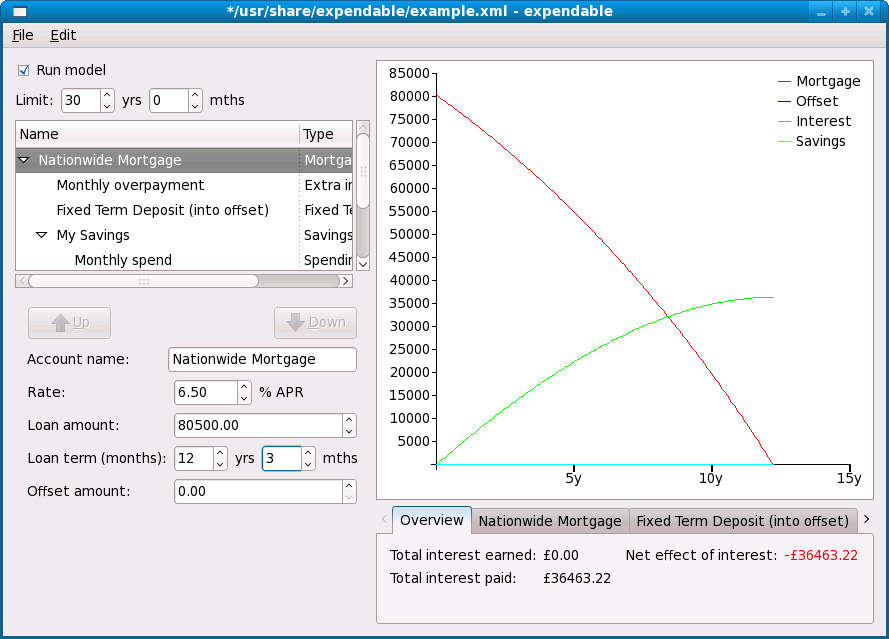Your Ultimate Guide Cash-Out Refinance In Real Estate You will be making one of your most important investment decisions, purchasing a home. It can be difficult to save enough money to make repairs or improvements. Refinancing cash-outs could be the answer. Instead of using credit card, a personal loan, or an additional mortgage, you could use them to accomplish your house improvement goals. The cash you have in your mortgage may be utilized to pay off student loans or to repair the damage caused by debt, or consolidate and settle existing debts. We'll discuss the pros and cons of cash-out refinancing to ensure you can make an informed decision.
What Is A Cash-Out Refinance? Cash-out refinances are a way to convert your equity into cash. The new mortgage will be for more than the current mortgage balance. The difference is paid in cash. Refinancing generally means replacing of a mortgage with a new one that has more favorable terms. Refinancing can bring you numerous benefits, including a reduction in your monthly payment, lower interest rates, the possibility of renegotiating regular loan terms, as well as the removal or addition of borrowers. Additionally, it permits you to tap into your equity when you refinance using cash. Follow the best
home loan calculator for website info.
 How Do Cash-Out Refinances Work
How Do Cash-Out Refinances Work If you refinance your cash-out option, you could make use of your home as collateral to secure a new loan, and also some cash, which will result in an even bigger mortgage than the one that is currently due. The equity in your home could be an excellent source of money for emergencies, expenditures or other requirements. Cash-out lenders borrowers are available. The lender analyzes the borrower's credit, current mortgage termsand conditions, as well as the loan amount. Based on the analysis of underwriting, the lender makes an offer. Upon receiving a new loan the borrower repays their old one and locks them into a new monthly payment plan. An additional cash payment is made above and beyond the mortgage payoff. The borrower doesn't receive cash when they refinance. They only get lower monthly payments. Cash-out refinance funds may be utilized in any manner the borrower would like. Many people use the refinance cash-out funds to pay for major costs like consolidating debt or paying medical expenses. Many may also use it to fund an emergency savings account. Refinances that cash out have less equity which means that the lender is taking on more risk. There is a possibility of higher closing charges, interest rates or other fees than a typical refinance. It is often possible for those with special mortgages, such as U.S. Department of Veterans Affairs (VA) loans, to refinance with more favorable terms and lower charges than non-VA loans. Check out the recommended
home equity loan for website recommendations.
 Example Of A Cash Out Refinance
Example Of A Cash Out Refinance Consider purchasing a property valued at $300,000. It is still due $100,000 after many years. Additionally, you'll have $200,000 in equity in your home, if the property remains appraised at $300,000. If the rates are low and you're refinancing your home then the underwriting process could permit you to take out up to an 80% credit. Though many aren't keen to borrow another $200,000, having equity can increase the cash flow. The lender could loan you 75% on the current value of your property. This is $225,000 for a $300,000. You'll have $125,000 cash after you have paid off the principal. You can refinance with a $150,000 loan to get $50,000 cash, with lower interest and new terms. As part of the mortgage that you take out, there will be the remaining balance of $100,000 from the original loan and $50,000 taken out in cash. You can therefore assume a $150,000 home loan and then receive $50,000 in cash. Following that, you will be able begin making monthly installments for the entire amount. This is just one of the benefits of collateralized loan. The disadvantage is that the $50,000 and $100,000 combined loans will be applied to your home.